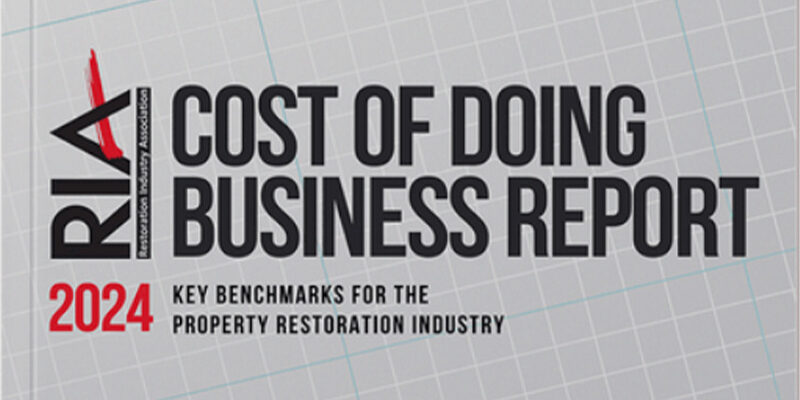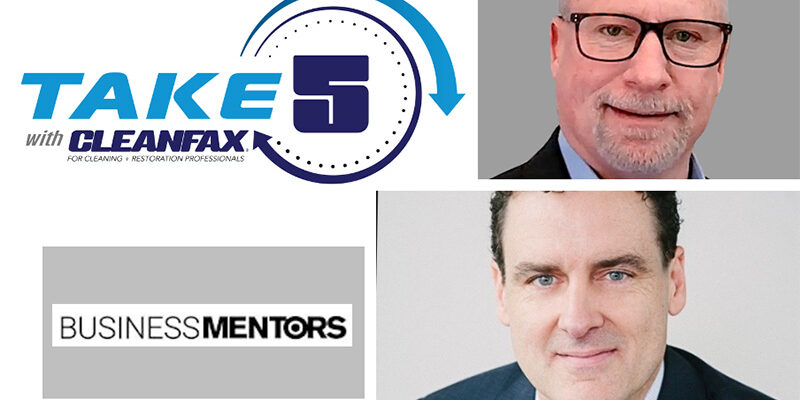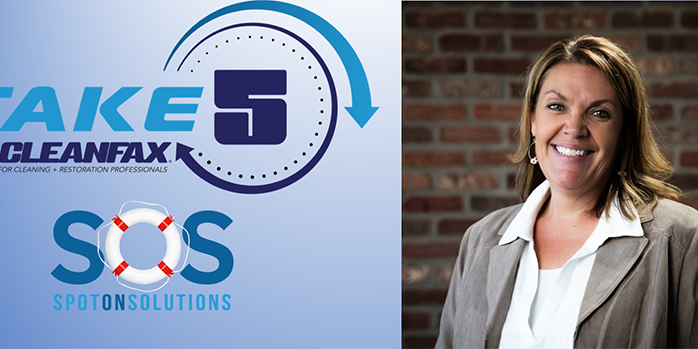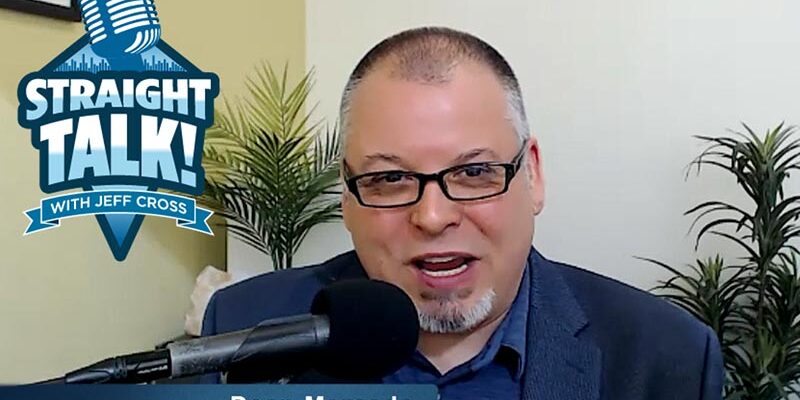Top 5 Call-Handling Best Practices

By Jeff Rooks
As a restoration contractor, how you handle each call can play a major role in whether you land the job. Unpredictable events, like severe weather and accidents, drive the majority of disaster mitigation calls, so you need to make the most of every restoration call.
At our company, we listen to hundreds of restoration calls each week. Most calls are properly handled and turned into great jobs, but many poorly handled calls end up costing that contractor the job.
Using our call data, we’ve created this list of call handling best practices that any restoration contractor can use to turn more calls into jobs.
Answer every call
As simple as this may seem, having a live person answering each call can make all the difference in whether you get the job. Automated phone answering systems may seem like a good idea, but most callers are going to hang up and call a competitor.
The same is true of call centers unless they are capable of answering relevant questions. A customer with a foot of sewage in his basement doesn’t want to “press one” or talk to an operator; they want to talk to a water damage expert.
Train every employee that answers the phone to give their first name and the company name. They should be able to answer questions about your services knowledgeably and provide an accurate response time.
Dealing with customers asking for another restoration company
A surprisingly high number of calls come from customers looking for another restoration company. While you could turn away these calls, you’re missing a golden opportunity.
Make the effort to sell them on your restoration company instead of telling them they have the wrong number. Avoid the temptation to say something bad about a competitor, which will only reflect poorly on your business. Instead, let them know you offer the exact same services as that company. Ideally, you’d be able to go out to view the loss at the time of the call but provide your availability if you can’t. Obviously, some callers may still want to call the other company, but you won’t know until you try.
Ask qualifying questions
While your goal should be to set an appointment on every call, don’t be so eager to accept the job that you forget to ask qualifying questions first. You could find yourself driving across the state or showing up at a rental property.
Before you agree to go out on any call, make sure you are talking to the homeowner or decision maker. Unless the caller has the power to authorize you to start work, you will only waste your time. It’s also important to confirm the extent of the damage. Every caller is going to describe their situation differently, so focus on questions like how deep water is, how many rooms are affected, and whether water is still coming in.
You should also ask the caller their location. While you might not be willing to drive an hour for an overflowing toilet, you’re likely to feel differently about a flood in a six-unit strip mall.
Avoid giving prices over the phone
Often restoration contractors disagree about this, but callers looking for prices over the phone just aren’t credible leads in my experience. More than likely, you’ll underprice the job and create problems down the line.
The best way to handle questions about price is to offer a free estimate. Explain that it’s impossible for you or any other restoration contractor to provide an accurate estimate without seeing the extent of the damage firsthand. If the client continues to press you about pricing but is unwilling to agree to have you out, it’s better to let them go. Apologize for not being able to help and wish them the best.
Return missed calls immediately
While you will miss calls occasionally, do not give up on landing those jobs. That customer will call a competitor within the next few minutes, so it’s important you return a missed call as soon as possible. Ask if they still need your services and let them know how quickly you are able to respond. If they have already booked with another company, ask them what response time your competitor promised them, and try to beat it if you can.
Avoid getting pushy with customers, making promises you can’t keep, or disparaging a competitor, but make every effort to set the appointment. It won’t work out every time, but you will definitely lose the job if you don’t try.
Get more jobs with better call-handling skills
Whether you’re buying leads or generating calls with your own marketing efforts, these call-handling best practices will help you close more jobs. As soon as you answer the phone, your goal should be to verify that the caller needs your services and focus on setting the appointment.
Jeff Rooks is the content editor at 33 Mile Radius and posts weekly articles that help restoration contractors get more disaster mitigation jobs. For the last seven years, 33 Mile Radius has generated exclusive water damage leads for restoration contractors and now offers the review acquisition app, Acquirly, which helps contractors get positive reviews.












